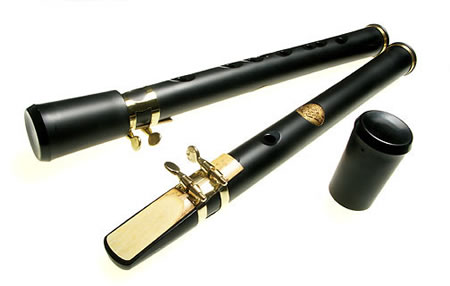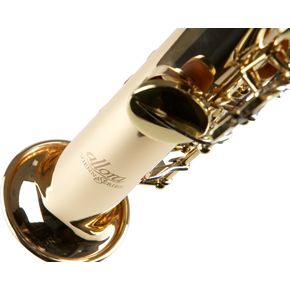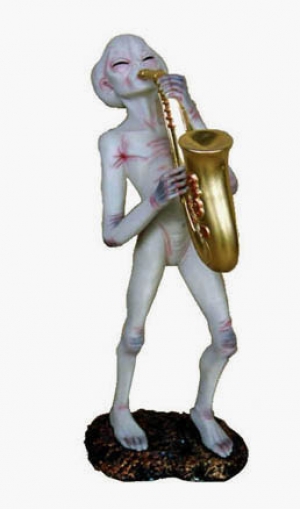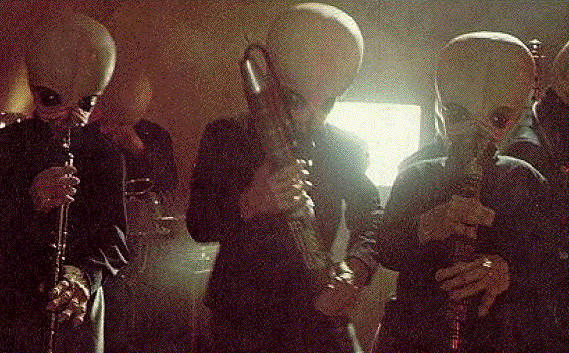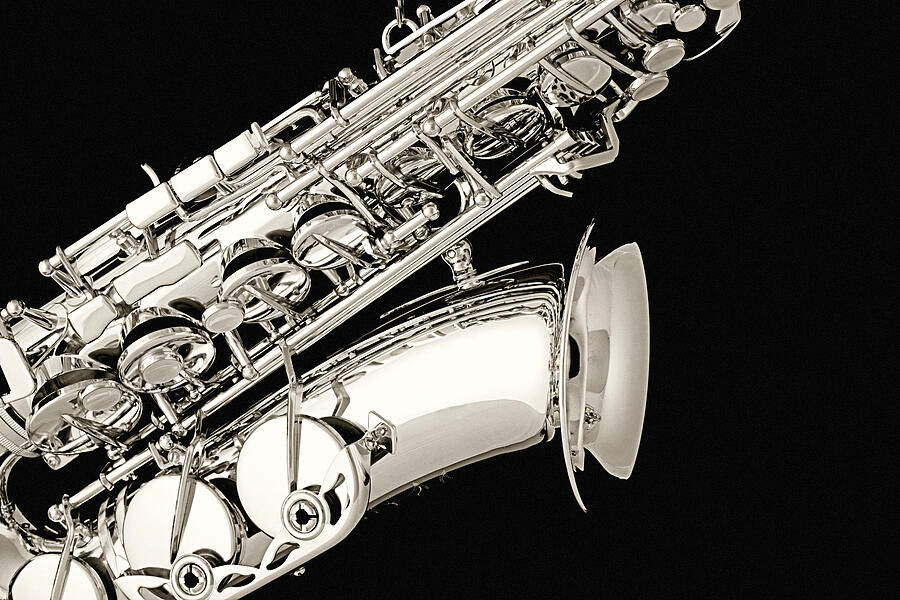Addressing the Naysayers
I've been playing the saxophone for over a decade. I'm, in fact, classically trained, with a current focus on jam-band style jazz playing. My point is that I am very much a musician, with a fair amount of natural talent and an extremely good ear.
So you can take it seriously from me when I tell you that dubstep is a form of music. Some of you will read this and say "well, of course it is", but others will say "it is definitely NOT music". Both of these are opinions, and are fair to hold. However, it is when an opinion is so outrageously magnified and externalized that things get 'hairy'. I just mean that it is one thing to have an opinion, and it is a far different thing to force that opinion on others. It is for this reason that I will give you some of my opinions and some musical facts in the paragraphs to follow.
First off, I'll briefly talk about what kinds of music I listen to. You could guess correctly that I listen to jazz. That's a given. I often tell musicians that it is important towards improvement that a musician listen to other musicians in the similar field/genre. Besides jazz, I listen to classic rock and modern rock: it's what I grew up on. What surprises most people is that I listen to, and very much enjoy, metal, some electronica, and dubstep. I personally don't like most pop music out today, but that's my opinion. Now here's why I like dubstep and some of the other unconventional genre:
To me, these styles represent a culture. And it's not just me- dubstep actually originated recently in England in the lower-class youth currently struggling in that area of the world. The country isn't doing very well, with a double recession and a divide between the youth and the adults of the people. This is a common story in more countries other than just England.
Like any new form of music, the culture and the music itself are scrutinized by the pre-established norms. Look at jazz in 1910-1920's Harlem, New York. Whites actually turned against the music violently because the style was created by Black culture. Now, however, jazz is a greatly popular form of music in the entire world.
Dubstep isn't generally well received. While people aren't generally killing each other over it, the music is being belittled as "not at all music", simply because it isn't in accordance to the norm. In fact, the genre is supposed to challenge societal norms. It's a style that is widely used by Occupy movements around the world as well as youth protests in an attempt to break from the conventional.
I could go on about social justice and the meaning of life all day, but instead I want to now tell you, musically, why dubstep is music and why I enjoy it. Dubstep is like hip-hop and hip-hop culture. By this I mean that it is heavily centered on rhythm and beats. Generally, dubstep is like an ensemble of mostly, if not only, rhythm instruments, electric instruments, that collaborate to form, let's say, a really high tech drum circle. But that's not all, like how jazz has instrumental solos, dubstep has a sort of "bass-drop" solo. The wobble bass effect so synonymous with dubstep is used as a focal bridge.
With that sad attempt to describe dubstep (for which I'll likely get lots of hate mail), I'll tell you why I like it. Simply, the scope of frequencies and rhythms sounds really good. My sensitive musician's ear picks up on all of those detailed lines of wobble and dirty bass effects, as well as the sub harmonies and melodies. It's not only a form of music, but a complex form of music.
Dubstep isn't for everyone, and I definitely get that. Nobody has to like a form of music, but they do have to let others enjoy what they will. It isn't anyone's place to tell another person how to listen to music, or what music to listen to.
By this time, you may still completely disagree with me, which is fine. I'll include at least one link to a dubstep song I like, take it or leave it, but I'd like to encourage you to keep an open mind. The only thing, through all of this that I insist, in fact I am telling you, is that dubstep is music. To pose my own counter argument consider this: the amount of musical work that goes into forming a dubstep single as opposed to the work that goes into a standard pop single, with auto tuning taking out most of that work, is it fair to single out one genre over another?
Ultimately, listen to whatever you want: that's the beauty of music- freedom. Enjoy it all.
This song is pretty intense. A pretty good example of raw dubstep.
This official track-video has over 114 million views.

















